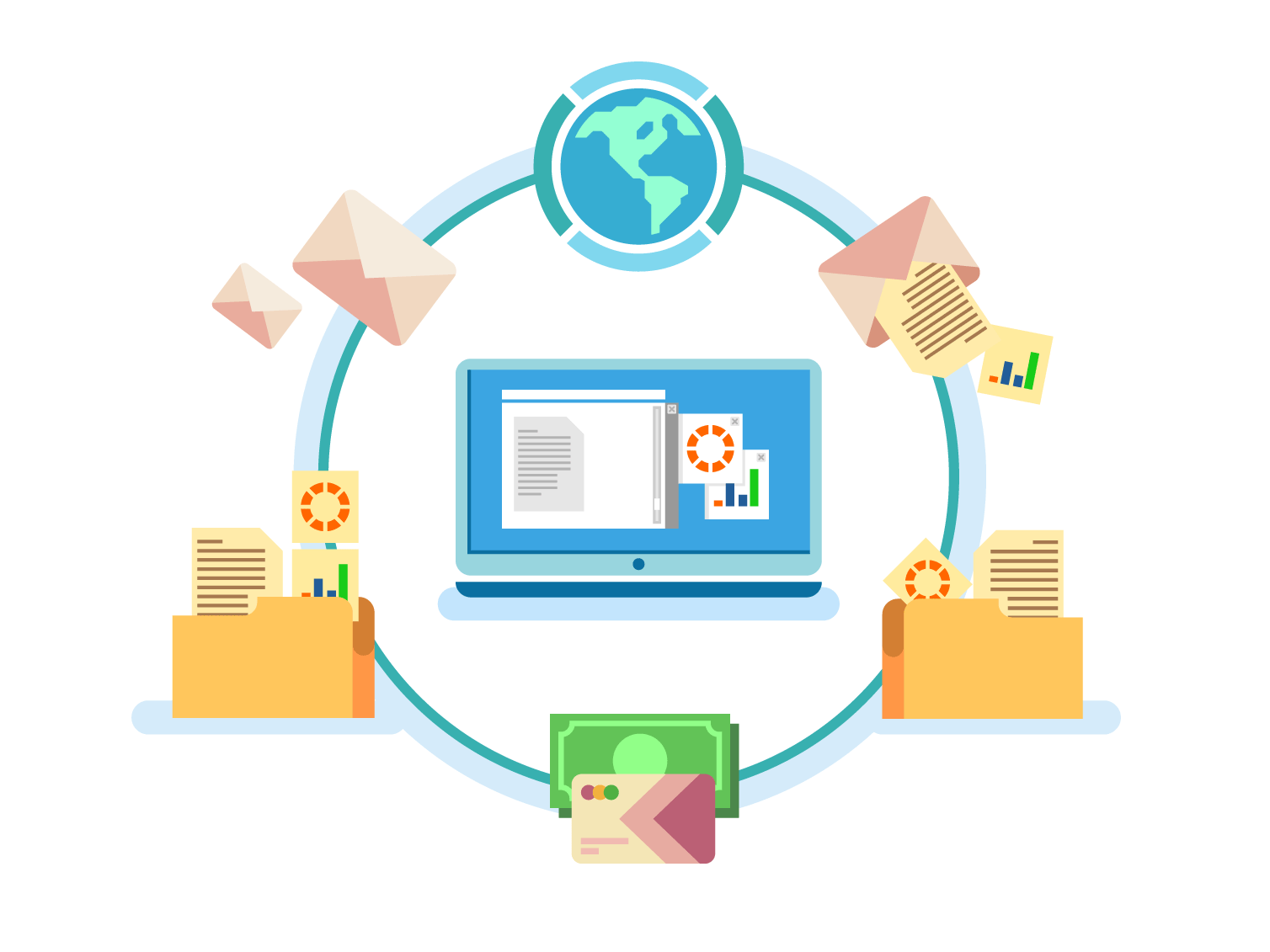
LECTURER: WAMALWA LUCAS
DURATION: 1ST DEC TO 19TH DEC 2025.
BIS8206: INFORMATION STORAGE AND RETRIEVAL TECHNIQUES
MODULE OBJECTIVES
By the end of this module, learners should be able to:
- Understand the principles and components of Information Storage and Retrieval (ISR) systems.
- Evaluate different techniques used in organizing, storing, and retrieving information.
- Apply indexing and classification methods to improve information access.
- Analyse retrieval models and their effectiveness in different environments.
- Use automated tools and technologies that enhance resource discovery and access.
TABLE OF CONTENTS
- Topic 1: Information Storage Techniques
1.1 Introduction
1.2 Data Representation
1.3 File Organization and Storage Media
1.4 Database Storage Models
1.5 Digital Preservation Techniques - Topic 2: Information Retrieval Techniques
2.1 Introduction
2.2 Indexing Techniques
2.3 Search and Retrieval Models
2.4 Query Languages and Search Strategies
2.5 Evaluation of Retrieval Systems - References
Baeza-Yates, R., & Ribeiro-Neto, B. (2011). Modern Information Retrieval. Pearson Education.
Chowdhury, G. G. (2010). Introduction to Modern Information Retrieval. Facet Publishing.
Cleveland, D. B., & Cleveland, A. D. (2001). Introduction to Indexing and Abstracting. Libraries Unlimited.
Manning, C. D., Raghavan, P., & Schütze, H. (2008). Introduction to Information Retrieval. Cambridge University Press.
Rowley, J. (2000). Information Management in Libraries. Facet Publishing.
UNESCO. (2003). Guidelines for the Preservation of Digital Heritage.

RECORDS, ARCHIVES PROCESSING AND ORGANIZATION
The module on Records, Archives Processing, and Organization delves into the critical aspects of managing records and archives within organizations and institutions. As organizations generate vast amounts of information daily, it becomes essential to have well-defined systems for collecting, organizing, storing, and retrieving records in an efficient and secure manner. This module provides students with the fundamental knowledge and practical skills required to manage both physical and digital records throughout their lifecycle. Key topics include the classification and categorization of records, archival preservation, the application of national and international standards, and the ethical and legal considerations surrounding records management. The organization of archives not only facilitates effective information retrieval but also ensures the protection of historical, legal, and operational documents. In today’s increasingly digital world, the integration of technology in records management is emphasized, ensuring that future professionals are equipped to handle both traditional and modern challenges in the field. This module offers a comprehensive exploration of the principles, tools, and techniques essential for the systematic processing and organization of records and archives, which are crucial for preserving organizational memory and supporting informed decision-making.
- Teacher: Flavien Niyigena

